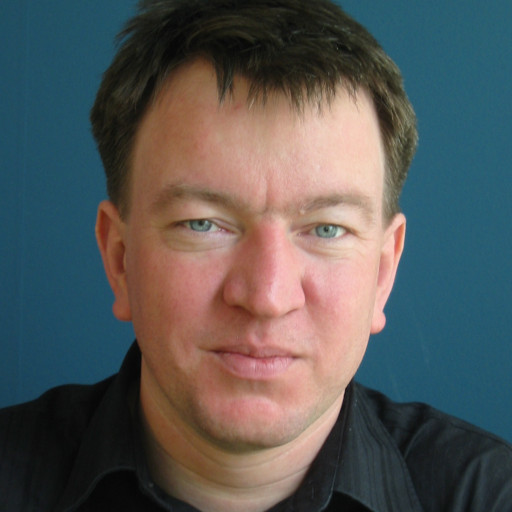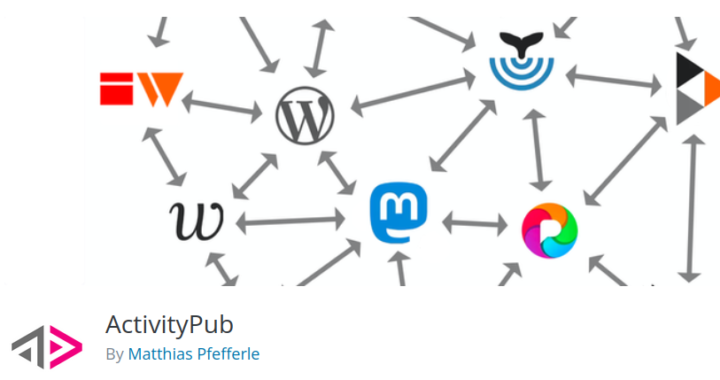Category: Online collaboration
All hands on deck: building civil society 2.0
I’ve been invited to talk at the World Congress on IT 2010, in the eGovernment track. Together with Beth Noveck, Ivo Gormley, and Greg Clark, we’ll have a session and panel called “Hey gov, can you hear me?”, moderated by Dom Sagolla. Arnout Ponsioen invited me to present a case from the perspective of civil society, and I chose to illustrate the possibilities of people all over the world working together in a moment of crisis: the Haiti earthquake. Here is what I had to say.
Clay Shirky as my Sound Byte Hero
I haven’t managed to write (publicly) for some time: new projects kept me busy, either launching, or preparing. But thanks to a tweet by Planspark, I read (yet another) piece by someone who is becoming my personal “Sound Byte Hero”: Clay Shirky. At the moment, Siegfried Woldhek and I are preparing a position paper on how International Development Cooperation will change, as part of a series of debates with existing organisations and the Minister for Development Cooperation here in The Netherlands. So when my friend Tim Bonnemann send out a tweet today “Must-read of the day: Clay Shirky’s “Newspapers and Thinking the Unthinkable”, I summarised the take-away quotes for me.
A framework for “online social network models”
Aldo de Moor and I are rapidly approaching the end of our mid-week work retreat. The fresh sea breeze and the occasional glass of wine have helped us divide our attention between Real Work, and Serious Study. It resulted in an emerging framework or meta-model, with a few purposes:
- Advance our earlier modelling work with new insights, and assess where we think things are by now.
- Enable us to combine our years of experience in talking about various parts of the puzzle in a common structure.
- Provide an overarching framework to look at the various models we have come to use or see over time.
It’s very much still a work in progress, but while twittering about our progress, I got into a conversation (via Facebook) with John Bywater of the Appropriate Software Foundation, which helped me clarify a bit of my thinking. I met John just over five years ago at Summer Source, where he introduced me to the concept of pattern languages. At that time, it was still too abstract for me to apply in my actual work, but over the years, patterns have become more common-place, for instance in PHP programming and in wikis.
Designing sociality for Nabuur
Nabuur has been pioneering online volunteering since 2001, and is currently redesigning their organisation: how to put "web 2.0" into the DNA of everything that’s happening? And how to engineer that, rather than try and hope it works?

So I spent the day with Nabuur team members, who invited René Jansen to facilitate drilling down to the core of their activities. René is one of the authors of "The Realm of Sociality: Notes on the design of social software", a paper which won the Best Paper Award 2007 at the “International Conference on Information Systems” in Montreal, last December, and (to me, at least) introduces the concept of "sociality" as the centre of the design process.
FLOSSmanuals is go
Last Friday, Adam Hyde pressed the big green "go" button for flossmanuals.net: a place to read, write, and remix free manuals for free software. The Netherlands Media Art Institute provided the place and time as part of the opening of the Video Vortex exhibition (they call it their response to Web 2.0). Part of the exhibition is a workshop space for projects, available for a week, and flossmanuals.net is the first one there. Adam also announced a good Board of Advisors that’s just established, and a grant from the Digital Pioneers fund.

